In recent years, the rural clean water sector has received great attention and investment from the State and the community. However, according to the Department of Management and Construction of Irrigation Works ( Ministry of Agriculture and Environment ), there are still many limitations in terms of resources, mechanisms and management models.
Notably, only about 58% of rural people have access to water that meets national standards, of which only 8% use water from centralized water supply works.
Many difficulties in accessing clean water sources
Mr. Giap Mai Thuy - Deputy Head of Rural Clean Water Management Department, Department of Irrigation Works Management and Construction said that in the period of 2021-2025, rural clean water supply has made an important contribution to achieving clean water targets in the National Target Program on New Rural Construction; digital transformation in rural clean water management has been implemented synchronously from central to local levels.
In addition, the units have researched and applied many solutions such as online water quality monitoring, biological contact filter tank technology to treat water sources contaminated with organic and ammonium, multi-layer filter materials, combining renewable energy and energy saving in household water supply.
However, investment resources in the field of rural clean water are still limited. Specifically, in the period 2020 - 2024, the total investment capital for rural clean water supply reached about 13.4 trillion VND, while the demand in the period 2021 - 2025 is estimated to need up to 29.2 trillion VND (ie a shortage of nearly 16,000 billion VND).
More general information, Mr. Luong Van Anh - Deputy Director of the Department of Management and Construction of Irrigation Works, said that the country currently has about 18,000 rural water supply works, but of which more than 6,000 works are small-scale models, mainly in mountainous areas such as Gia Lai and Kon Tum (old).
More importantly, most of the small-scale projects above only serve a limited area of about 10 households, formed by building streams and channeling water through common pipes, so they do not actually meet the standards of a centralized water supply system, and water quality is not guaranteed.
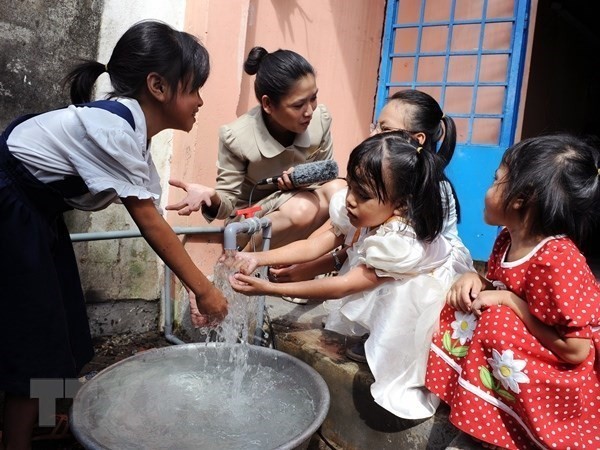
Meanwhile, according to the Department of Irrigation Construction and Management, the demand for rural domestic water has been increasing steadily over the years. Notably, only about 58% of rural households currently use water that meets national standards, of which only 8% use water from centralized water supply works.
“Most rural people still do not have access to a centralized water supply system, so to ensure consistent and sustainable water quality, we need more solutions and stronger investments,” Mr. Anh said.
Sharing the reality in the Mekong Delta region, Mr. Tran Ba Hoang - Director of the Southern Institute of Water Resources, said that the Ministry of Agriculture and Environment has implemented clean water supply projects in 4 provinces. However, according to Mr. Hoang, investment in the remaining areas is still facing many difficulties due to lack of fresh water, high costs and large investment costs, especially for private enterprises.
In addition, with the characteristic of scattered population, currently in the Mekong Delta there are about 53,500 households that cannot have centralized water supply, so it is necessary to consider solutions such as storing water at households or other alternatives.
Prioritize resources for disadvantaged areas
Faced with the above situation, Director of the Southern Institute of Water Resources Tran Ba Hoang suggested that the Ministry of Agriculture and Environment continue to pay attention and strengthen policies and support solutions to expand the rural clean water supply system, ensuring that by 2030 about 80% of rural households will have access to safe water sources.
Sharing the same view, Mr. Giap Mai Thuy - Deputy Head of the Rural Clean Water Management Department, emphasized that to improve efficiency, it is necessary to perfect mechanisms, policies and invest in building large-scale, synchronous, modern centralized water supply works, prioritizing areas with water scarcity, drought areas, remote areas and islands.
Mr. Thuy also proposed to perfect the rural water supply management model according to the two-level government model; review and adjust water prices to suit the reality. In the coming time, it is necessary to continue to guide people to apply solutions to collect and store safe water at home.
Deputy Director of the Department of Irrigation Works Management and Construction - Mr. Luong Van Anh also emphasized that increasing the rate of rural people using clean water to 80% by 2030 is not only a technical infrastructure goal, but also a social security task, especially in remote areas where there are many difficulties in accessing safe water sources.
Therefore, Mr. Anh said that to achieve the above goal, it is necessary to have the synchronous participation of ministries, branches, localities, businesses and people, focusing on attracting socialized investment in the field of rural water supply.
The Ministry of Agriculture and Environment has completed a draft new decree on rural clean water management, which clearly stipulates the investment, operation management and socialized capital mobilization mechanism. The decree is expected to overcome current shortcomings, creating a clear legal corridor to attract businesses and economic organizations to participate in providing clean water services.
However, the Deputy Director of the Department of Management and Construction of Irrigation Works also proposed that the State allocate priority resources to disadvantaged areas, mountainous areas, border areas and islands - places where businesses find it difficult to invest due to high costs and low efficiency; along with mobilizing people to contribute funds, working days or land to form the works.
Another key factor Mr. Anh mentioned is communication, raising public awareness about the importance of clean water and environmental sanitation.
“People must understand that clean water is not only a health issue but also a criterion for a civilized countryside, a condition for improving the quality of life,” said Mr. Luong Van Anh, emphasizing that the cooperation between the State, businesses and people is the foundation to ensure the sustainability of rural clean water programs in the new period.
Source: https://baolaocai.vn/nuoc-sach-nong-thon-moi-co-khoang-58-nguoi-dan-duoc-su-dung-nuoc-dat-chuan-post884711.html







![[Photo] Cat Ba - Green island paradise](/_next/image?url=https%3A%2F%2Fvphoto.vietnam.vn%2Fthumb%2F1200x675%2Fvietnam%2Fresource%2FIMAGE%2F2025%2F12%2F04%2F1764821844074_ndo_br_1-dcbthienduongxanh638-jpg.webp&w=3840&q=75)
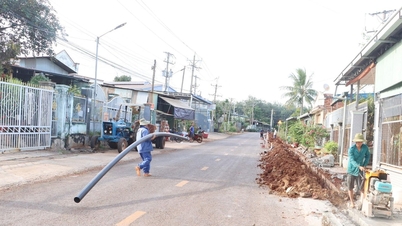

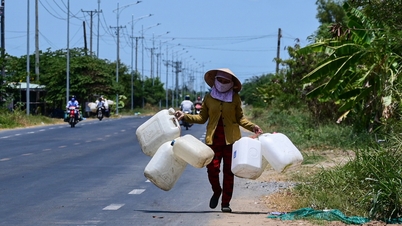

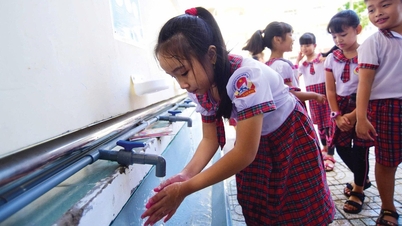





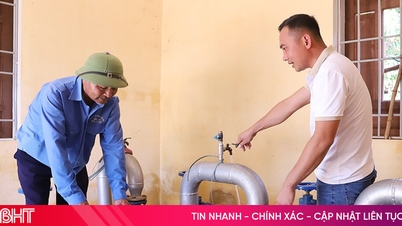
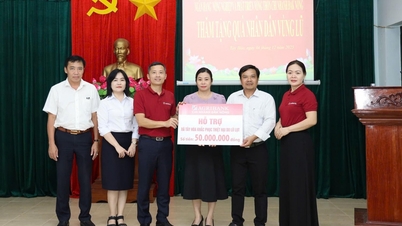

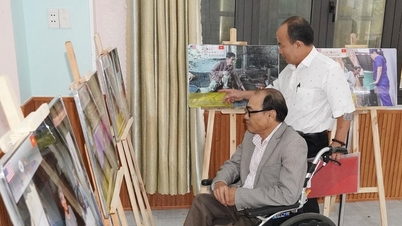





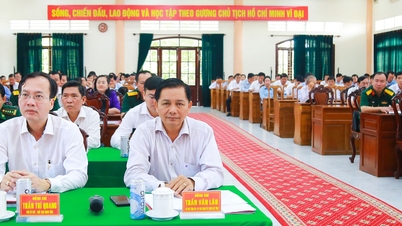
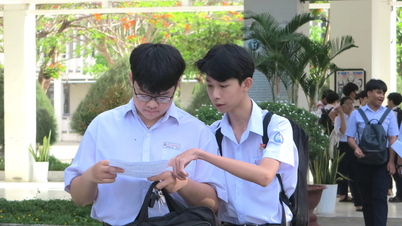






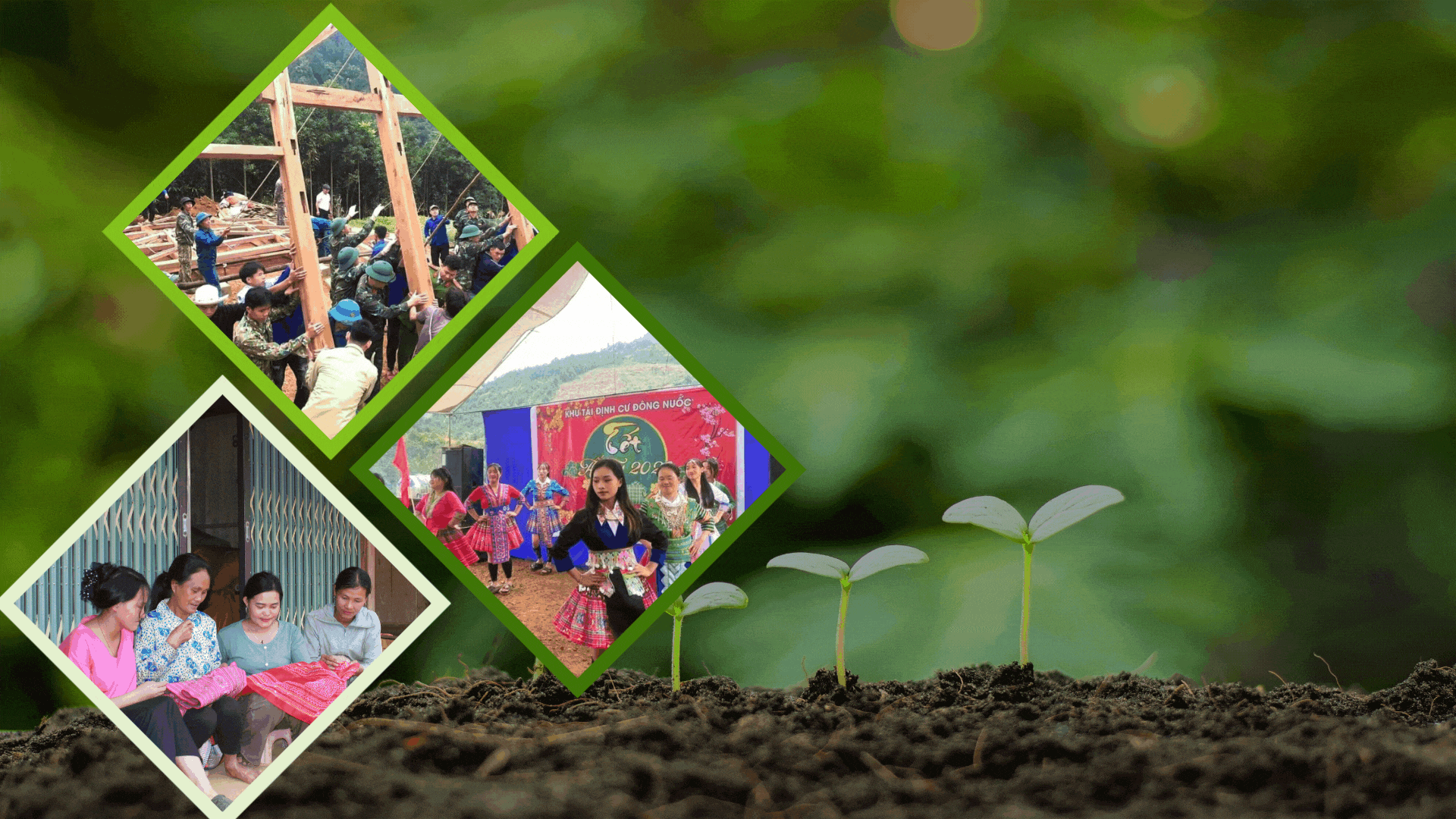
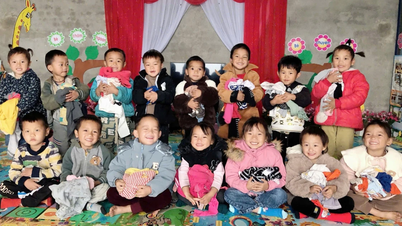
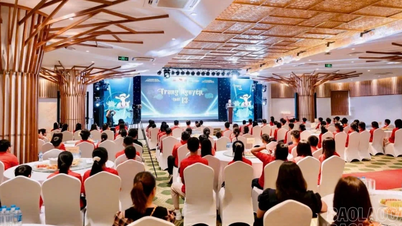
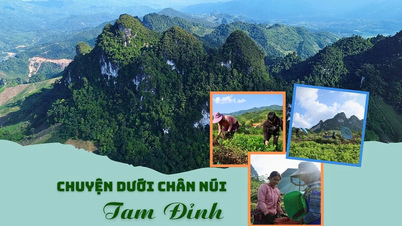
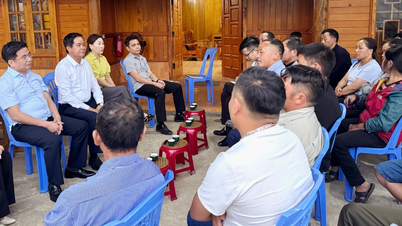



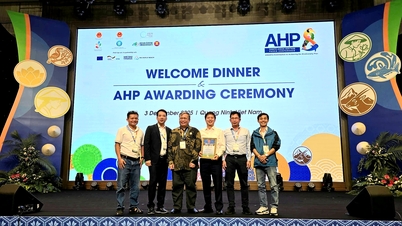

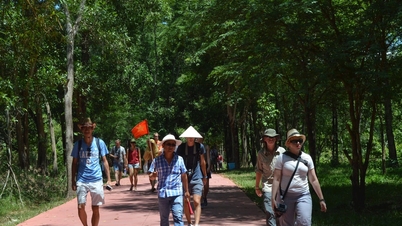
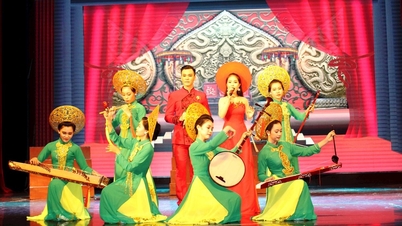

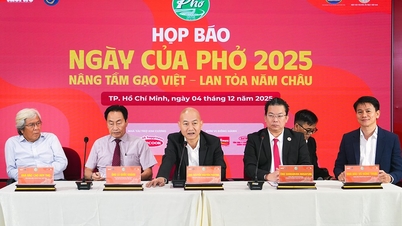
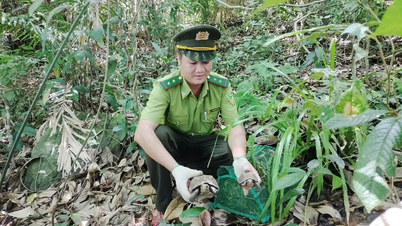


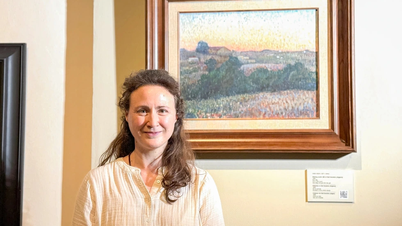

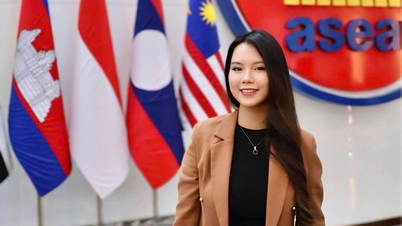

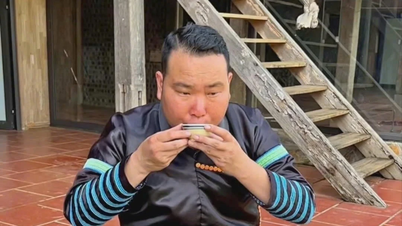







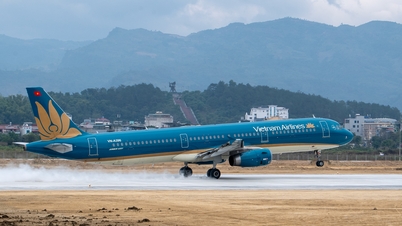

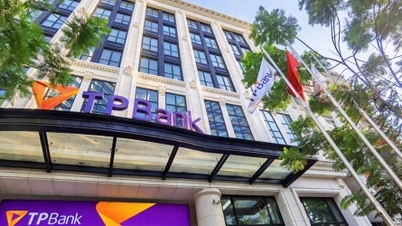

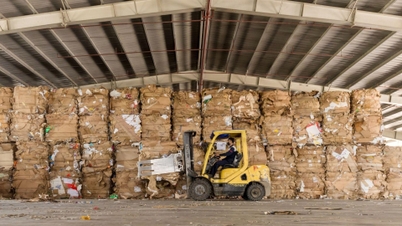









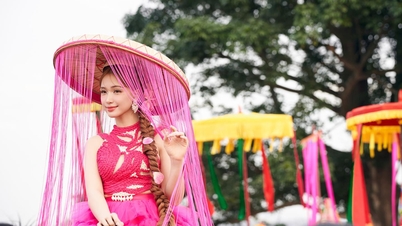
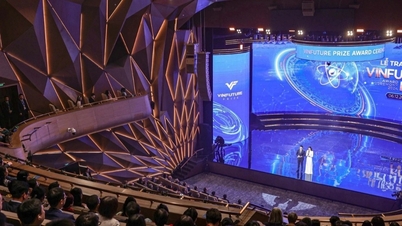
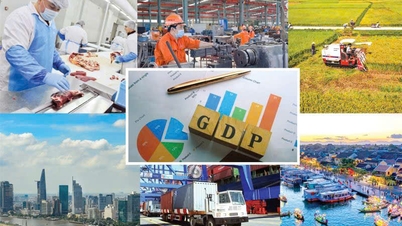



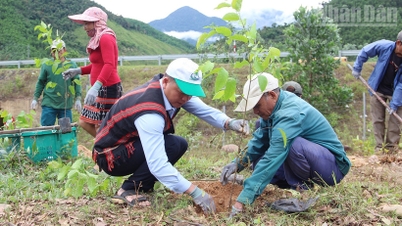
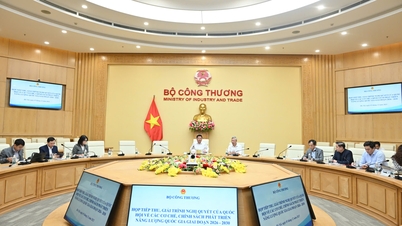

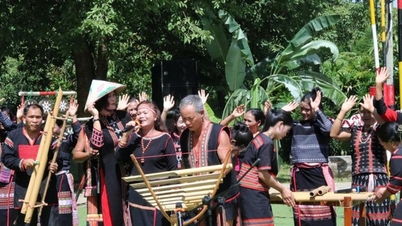


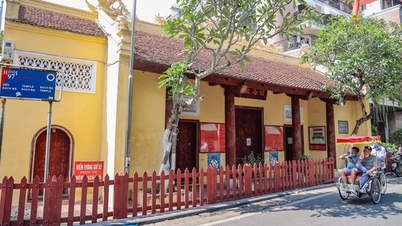

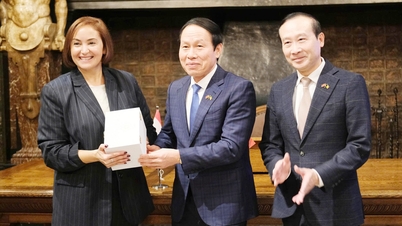

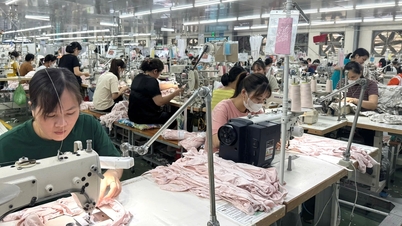










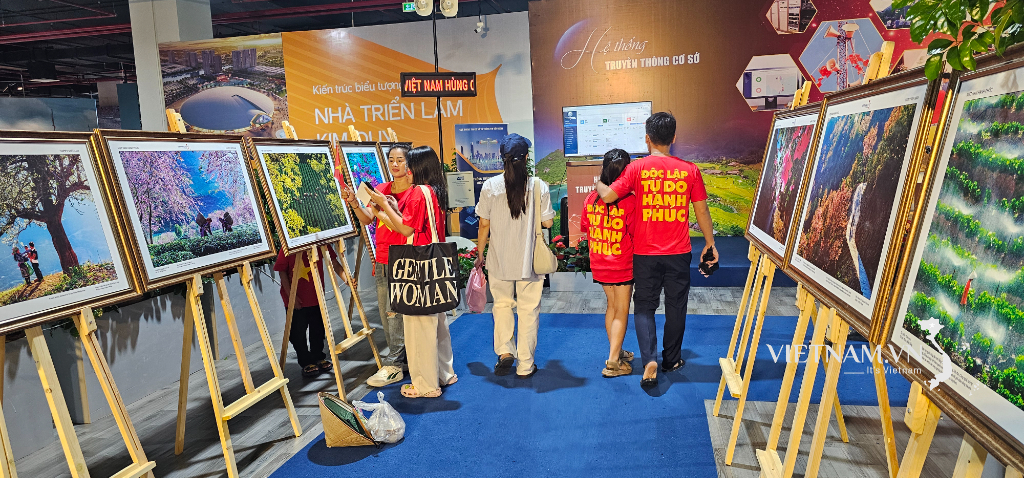


Comment (0)